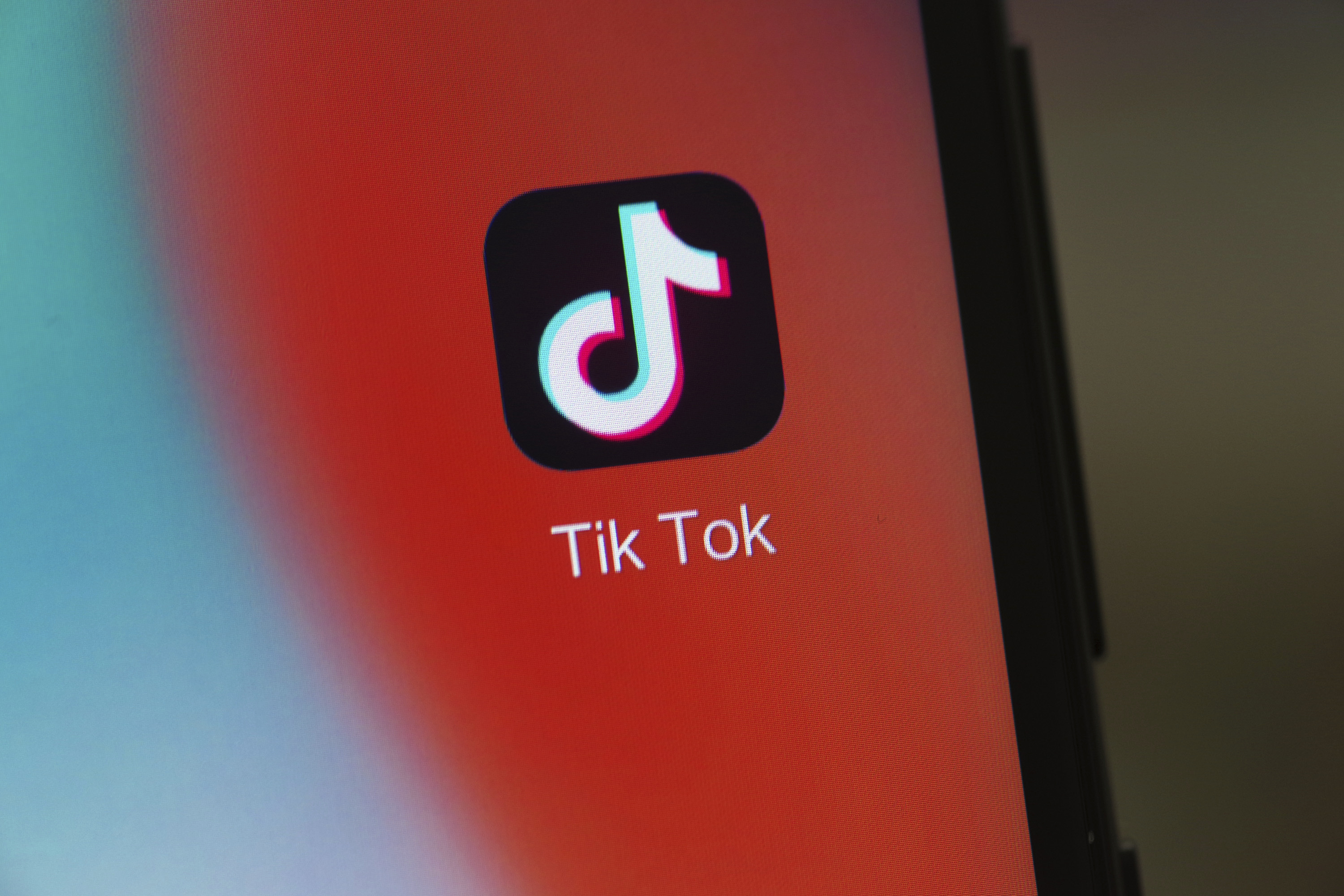The US thinks TikTok could be a national security threat—here’s why

The US government has launched a national security review of the Chinese-owned video platform TikTok, according to Reuters. Authorities think the viral meme app that brought the summer smash “Old Town Road” could also bring down the US.
What’s TikTok? TikTok is a social network where users create and remix short videos set to music. Previously called Musical.ly, it was purchased by Chinese company ByteDance in 2017. As the first foreign app to grow popular in the US, it has been a major driver of popular culture, turning obscure musicians into chart-topping stars and teens into mini-celebrities.
So what’s the problem? There have been reports of the Islamic State posting propaganda on the app. An investigation by The Guardian suggested that TikTok censors videos Beijing doesn’t like, including ones about Tibetan independence. Some experts fear that TikTok will share the data of American teens with the Chinese Communist Party or become a hose of foreign-controlled disinformation. Three US senators—Marco Rubio, Chuck Schumer, and Tom Cotton—have called for an investigation. Now the Committee on Foreign Investment in the US (CFIUS) is looking into whether it was okay for ByteDance to buy Musical.ly two years ago.
Next steps? There are a range of options, starting with auditing the company’s data practices. ByteDance might also be forced to sell its US business to a non-Chinese company, the way Grindr’s parent company was asked to sell the app because it had too much sensitive data. One big difference is that Grindr is a much smaller business than TikTok, so it might be hard to find a buyer, according to Claudia Biancotti, a visiting fellow at the Peterson Institute for International Economics.
The nuclear option would be to ban the app—either for certain people, such as military personnel, or in a total prohibition like the type that India enacted for two weeks in April after the country’s government became concerned it was exposing children to sexual content. A ban could create massive backlash, so it’s rather unlikely.
How is TikTok responding? TikTok recently hired lawmakers to help it develop content moderation guidelines, presumably ones that won’t be accused of censorship. It also insists that no data about American citizens is stored in the US, with Singapore (and not China) as a backup. The company is already in talks with CFIUS, according to Reuters.
Deep Dive
Policy
Is there anything more fascinating than a hidden world?
Some hidden worlds--whether in space, deep in the ocean, or in the form of waves or microbes--remain stubbornly unseen. Here's how technology is being used to reveal them.
A brief, weird history of brainwashing
L. Ron Hubbard, Operation Midnight Climax, and stochastic terrorism—the race for mind control changed America forever.
What Luddites can teach us about resisting an automated future
Opposing technology isn’t antithetical to progress.
Africa’s push to regulate AI starts now
AI is expanding across the continent and new policies are taking shape. But poor digital infrastructure and regulatory bottlenecks could slow adoption.
Stay connected
Get the latest updates from
MIT Technology Review
Discover special offers, top stories, upcoming events, and more.